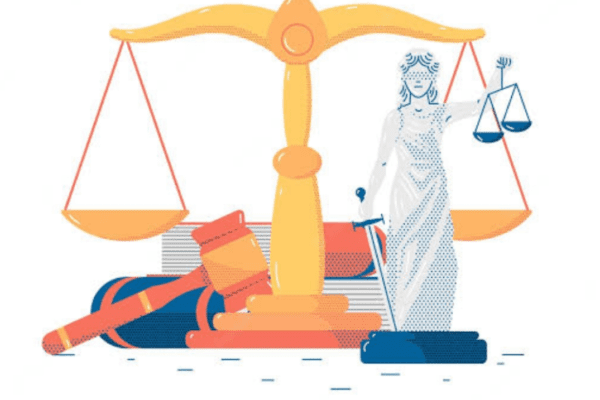
Delhi High Court Acquits Four Men in 2018 Abduction and Gang-Rape Case, Citing Flawed Investigation
The Delhi High Court acquitted four men in a 2018 abduction and gang-rape case, ruling that the victim’s changed statement, missing call records, and weak investigation made the prosecution’s case unreliable.





